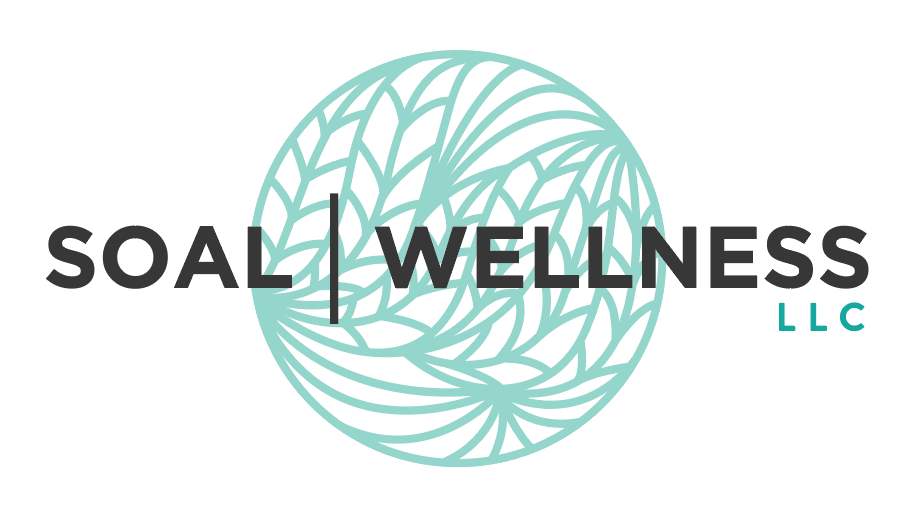Wow! That’s a great question. How and what we eat is so personal. Our eating habits are really given to us by our culture, our family, and our parents. I think when I talk about what I do I have to preface with I have a past! There is no perfection in what I do but what I know is if you incorporate these principles into your daily life and they start to show up just like brushing your teeth every day, your health pays you back! Here is how and what I eat and the things I’ve learned along the way.
Well, let the confessions begin!
There are a few things that really matter to our health when it comes to our eating patterns and behaviors. The first is how we eat, meaning our meal patterns. Eating three meals a day is something I have learned works for all of us. I would never take off on a road trip without gassing up the car to get me there, breakfast is important because our body has not been fueled since the previous day. I also try not to snack during the day or after dinner because my body needs time to process that meal before I eat again. This helps build metabolic resilience.

What do I mean by that? Well, timing seems to be everything. When we eat in patterns that meet our body’s needs with the right nutrients on our plate it creates something called homeostasis or balance within our body. When our body is in balance our cells begin to function properly bringing us our health or metabolic resilience.
Eating our meals during the day when we are active helps to manage blood sugar levels during the day, helps us to tune into our hunger/fullness cues and gives us the needed supply of nutrients that our daily activities require. An example would be when we haven’t consumed enough calories our blood sugar begins to drag and it creates afternoon fatigue and cravings that can catch up to us at night. Night eating is one of our biggest sources of unnecessary calories but it is hard to combat those powerful cravings at the end of a long day. Breakfast is the best solution to night eating, so I make sure I get my day started right.
Something else that builds metabolic resilience is to balance your plate, so this is something I try to do on the daily. Balancing your plate by making sure half of it is fruits and veggies, a quarter is a healthy protein source and a quarter being a healthy carbohydrate source is another way your body builds metabolic resilience. This is a way you can manage your macros without being obsessed with counting and tracking. I hate tracking what I eat, it makes me a little crazy and doesn’t seem to bring me the results I am looking for. I find by keeping my plate balanced it helps me to achieve my goal of feeling great mentally and physically every day.
Each time I sit down to eat I also check in with my hunger and remind myself to stop eating at 80% fullness. I don’t always achieve that but that degree of mindfulness helps me to manage how much I am eating without having to track calories. We really don’t like to be told what to do but if we are in touch with our physical cues for hunger and fullness it feels more like we are taking care of ourselves than having some “diet” dictate how much we eat. This takes practice but is a very powerful tool in managing our weight and our health.
Since our dieting culture has ingrained in us that somehow we have to be perfect in our efforts I like to employ the “80/20 Rule” when it comes to what I am eating. This helps me to have some flexibility in my food choices. I mentally take note of my choices striving for 80% of the time eating healthy foods, the 20% gives me the flexibility to go out to eat or enjoy a treat. I am committed to myself and my health so I don’t ever “cheat” on myself any more I just use my flexibility. This too is very empowering as it feels like we are in charge and making our own choices.
The second of course, is what I eat! Nutrients matter as they fuel all the processes in our body. Moving around throughout your day and thinking requires calories. Walking to your car requires muscle therefore it requires protein. Production of hormones requires fat. Digesting your food needs nutrients like vitamins, minerals polyphenols and fiber! 60% of our calories are coming from processed foods. These foods are not real food, they are manufactured foods and don’t provide us with the quality or the right quantity of nutrients our body needs. These foods also bring a lot of unnecessary and often harmful additives that are disrupting our cell function. So, I work to make 80% of my diet whole food choices that contain all the nutrients I need in a day.
I am not what I would call a great cook but I do really geek out on the science of what food does in our body, so I cook but I cook simple meals. You have to find a way to make meal planning, shopping and cooking fit in to your life, because your life literally depends on these skills. I include a variety of foods in my diet because a variety of foods always brings a variety of nutrients. Like I said, I hate tracking and this helps me ensure that I am getting all the nutrients my body needs. I always include fruits, vegetables, beans/legumes, nuts/seeds, healthy grains, lean meats, and fermented foods in my daily life. Feeding ourselves is the greatest act of self care we do because we have to eat several times a day, so every day I find ways to stay adventurous and to feel inspired to keep taking care of myself.
And the last thing that is so important to how we feed ourselves is how we manage our internal stress, how we talk to ourselves. Our dieting culture teaches us to blame ourselves for failing to “follow the plan”. So many of us, including myself experience this self-defeating inner dialogue. However, our body responds to stress (external or internal) by increasing the output of the stress hormone cortisol. This inner voice is stressing us out! It is increasing our cortisol levels. Combine that internal stress with the stressors that life brings and it begins to affect what we put on our plate. There is a physiological reason for these cravings. The cortisol that the stress response releases raises our blood sugar levels. When our blood sugar is above a certain level that signals the pancreas to release insulin lowering our blood sugar which can cause cravings. When we are repeatedly stressed our body is always sending these signals and our cravings begin to feel like “us” and we feed them. The result is weight gain and changes in our metabolic health such as high cholesterol, high blood sugar, and fatty liver. Learning to quiet that voice helps us to manage our stress better which also helps to build metabolic resilience.
So, I guess the answer to the question of what does a nutritionist eat is a little more than food choices, it’s my daily food habits. It has taken me a lifetime to discover these principles but they have helped me build metabolic resilience and translates into feeling great physically and mentally every day. They are skills that can be learned and developed into good habits that support your health goals. I want to share them with everyone!
These principles are easy to implement and they are easy to keep in your mind and follow. Your plan should always include foods you love and not what some diet tells you to eat. So, if that latest diet you tried hasn’t worked for you either, join the club. Diets don’t work, but understanding how your body works, how to give it the right fuel at the right time, being kind to yourself and learning to cope differently with stress can bring you the body and health you want.
Remember our food choices and habits that we bring to adulthood are given to us in childhood. They may not be what your body needs to be healthy. If you find change to be difficult don’t go it alone. A dietitian can help you to create new habits that make you feel great every day and then you can pass those healthy habits on to your children!
Change your mind, change your life.
A Registered Dietitian Nutritionist (RDN) has the experience and education to help address unhealthy relationships with food and put a nutrition and lifestyle plan together that is healthy for your mind and your body. Working with an RDN to improve your health through nutrition is typically a covered benefit on your health insurance plan.
Written by: Stephanie Espinoza, MA, RDN, LDN
Registered Dietitian Nutritionist
Soal Wellness | www.soalwellness.com
Phone: 602-400-5419

